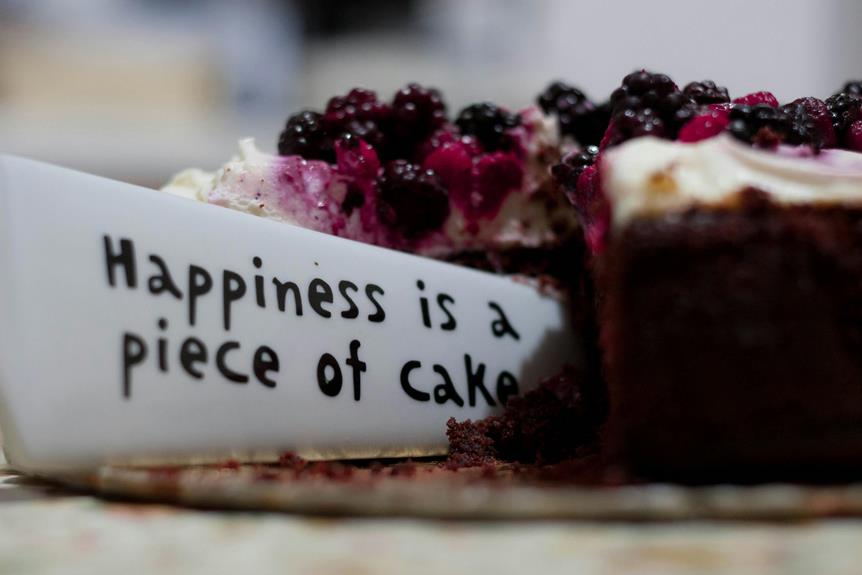

How much sugar is in matcha? This is a question that many matcha lovers and health-conscious individuals frequently ask. As matcha becomes more popular, understanding its sugar content is crucial, especially for those watching their dietary intake.
In this post, we’ll explore the sugar levels found in pure matcha, various blends, and how to enjoy matcha while keeping sugar to a minimum. Let’s dive into the sweet details of matcha!
Understanding Matcha’s Natural Sweetness
When considering how much sugar is in matcha, it’s important to start with the fact that pure matcha is naturally low in sugar. In fact, it usually contains about 0.39 grams per cup. This minimal sugar content comes from the
Is Matcha Truly Sugar-Free?
While pure matcha has very little sugar, it’s essential to differentiate between pure matcha and flavored or blended products. Most commercial matcha products, like those you might find at cafes, can have added sugars, which significantly increases their overall sugar content. So, if you’re wondering, “How much sugar is in matcha from my favorite café?” the answer might surprise you!
Sugar Content in Pure Matcha
As previously mentioned, pure matcha contains around 0.39 grams of sugar per cup. This makes it an excellent option for those wanting to enjoy a flavored beverage without the guilt of excessive sugar intake. The natural sweetness comes from amino acids and the umami flavor of the
When you prepare a traditional cup of matcha, the process involves whisking the matcha powder with water at the right temperature to fully dissolve it. This method enhances the flavor, allowing the natural sweetness to shine through without any added sugars.
How Much Sugar is in Matcha Latte?
If you’re indulging in a matcha latte from a café, be aware that the sugar content can vary greatly. For instance, a matcha latte from Starbucks can contain anywhere from 10 to 30 grams of sugar, depending on how it’s prepared. This is often due to added sweeteners, flavored syrups, or even sweetened milk.
To manage your sugar intake, don’t hesitate to ask your barista about the sugar content in their matcha drinks. You can also request less sugar or a sugar-free alternative to enjoy your matcha latte while keeping the sugar levels in check.
Sugar Levels in Matcha Blends
When exploring matcha blends, being mindful of the added sugar is crucial. Many commercially available matcha powders may include sweeteners or flavored additives, which can significantly raise the sugar content. Some blends can contain up to 12 grams of added sugar per serving, which is considerably more than what you’d find in pure matcha.
Choosing the Right Matcha Blend
To ensure you’re making a healthy choice, always check the nutrition facts label when selecting a matcha product. Look for 100% pure, unsweetened matcha powder to avoid any unnecessary sugar. This way, you can enjoy the rich, natural flavors of matcha without the added calories.
If you prefer a sweeter taste, consider adding natural sweeteners like honey or stevia. This allows you to control how much sugar is in your matcha while still enjoying its unique flavor.
Impact of Sweeteners in Matcha
When you add sweeteners to matcha, they can dramatically affect the overall carbohydrate and calorie count of your drink. While pure matcha is naturally low in sugar, sweeteners like cane sugar or flavored syrups can push the sugar levels significantly higher.
How Much Sugar is in Matcha with Sweeteners?
If you’re wondering how much sugar is in matcha when sweeteners are involved, it can vary widely. Some blends or flavored matcha products may contain as much as 10-20 grams of sugar or more per serving. This is in stark contrast to the minimal sugar found in pure matcha.
For a healthier option, consider making your matcha drinks at home using high-quality matcha powder and controlling the amount of sweetener you add. By doing so, you can keep the sugar content to a minimum, typically under 1 gram if using pure matcha and a small amount of natural sweetener.
Comparing Sugar in Different Matcha Varieties
As you explore the world of matcha, you’ll find that the sugar content can vary significantly between different varieties. Pure, high-quality matcha generally contains less than 1 gram of naturally occurring sugars per serving. However, flavored matcha products or blends can have added sugars that elevate the total sugar content.
How Much Sugar is in Flavored Matcha?
When looking at flavored matcha options, be vigilant about the sugar levels. Some products may exceed 10 grams of added sugar per serving. Always read the nutrition facts and ingredient labels to understand exactly what you’re consuming.
Choosing pure, high-quality matcha powder allows you to enjoy the natural sweetness of the
Recommended Sweetness Adjustments in Matcha
If you love matcha but prefer a sweeter taste, you can easily customize the sweetness level to your liking. Pure matcha contains no added sugars, so you have the flexibility to add natural sweeteners according to your preference.



Konnichiwa! (Hello!) I'm Pat Tokuyama, a Japanese tofu cookbook author, who travels for music, food, and adventure. If you like Japanese tea, checkout some of the newestorganic japanese tea, matcha bowls and noren and more!
** Curious about the Plant Based Japanese Cooking Club? ** Learn more here!
How Much Sugar Should You Add?
When adjusting the sweetness of your matcha, consider starting with a small amount of honey, agave syrup, or sugar. A teaspoon is a good starting point, which typically adds around 4 grams of sugar. By experimenting with the amount, you can find the balance that suits your taste buds.
Remember, the natural flavors of matcha come from the umami and amino acids in the
Tips for Sugar-Conscious Matcha Consumption
For those who are conscious of their sugar intake, here are some practical tips for enjoying matcha without added sugars:
- Choose Pure Matcha: Always opt for pure, authentic matcha powder to ensure you’re getting the natural goodness of the
tea leaves without unnecessary sweetness. - Read Labels: When purchasing matcha products, carefully check the nutrition labels to confirm that they contain low or no added sugar. This helps you make informed choices that align with your health goals.
- Go Unsweetened: Unsweetened matcha powder is typically the best choice, containing less than 1 gram of natural carbohydrates per serving. This allows you to enjoy the true taste of matcha without added sugars.
- Quality Matters: Investing in high-quality, stone-ground matcha will enhance your enjoyment of the beverage and allow you to savor its natural flavors without relying on sugar.
- Explore Natural Sweeteners: If you like a bit of sweetness, consider using natural sweeteners like honey or stevia to control the sugar content based on your preferences.
Conclusion
Now that you know how much sugar is in matcha, you can confidently enjoy this vibrant green
So go ahead, savor your favorite matcha drink, and indulge in its delightful flavors guilt-free. Cheers to a healthier, sweeter matcha experience!




Konnichiwa! (Hello!) I'm Pat Tokuyama, a Japanese tofu cookbook author, who travels for music, food, and adventure. If you like Japanese tea, checkout some of the newestorganic japanese tea, matcha bowls and noren and more!
** Curious about the Plant Based Japanese Cooking Club? ** Learn more here!